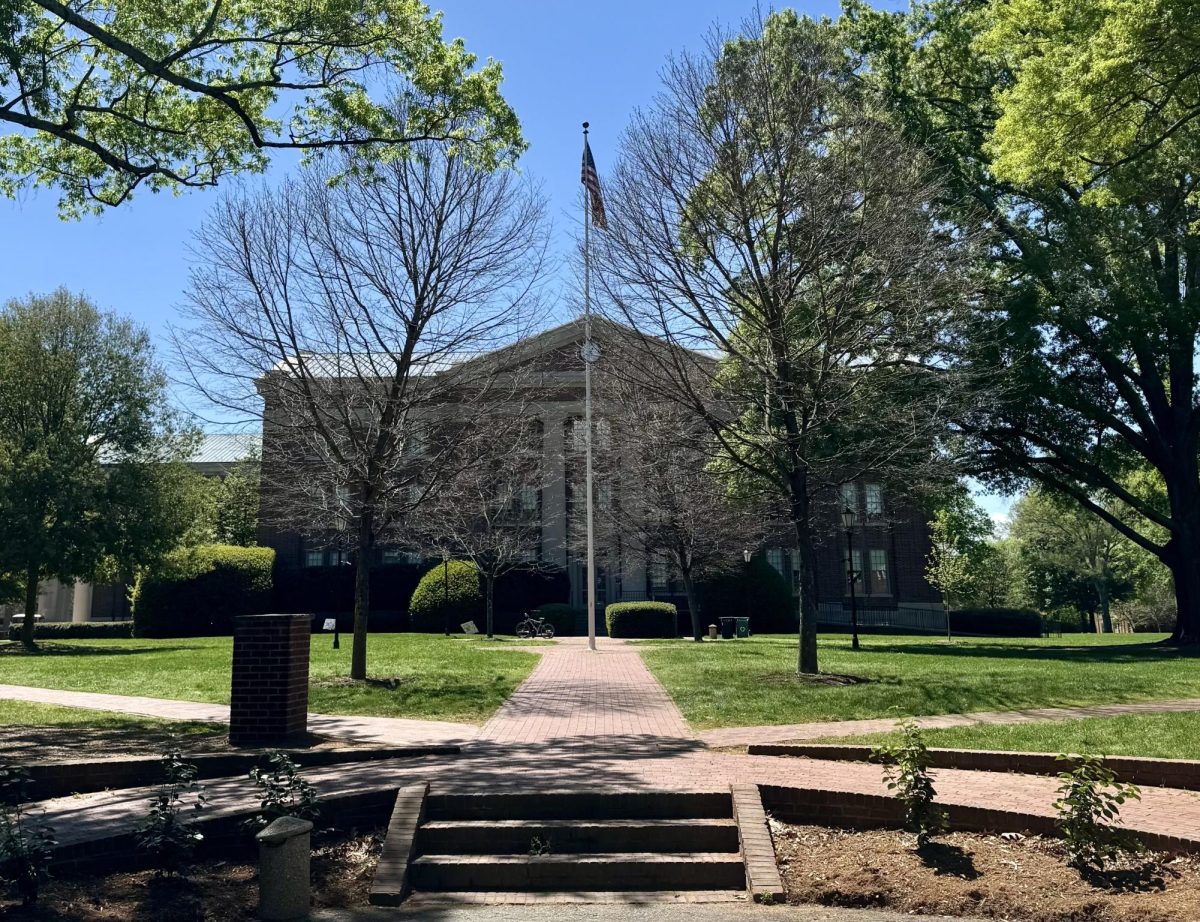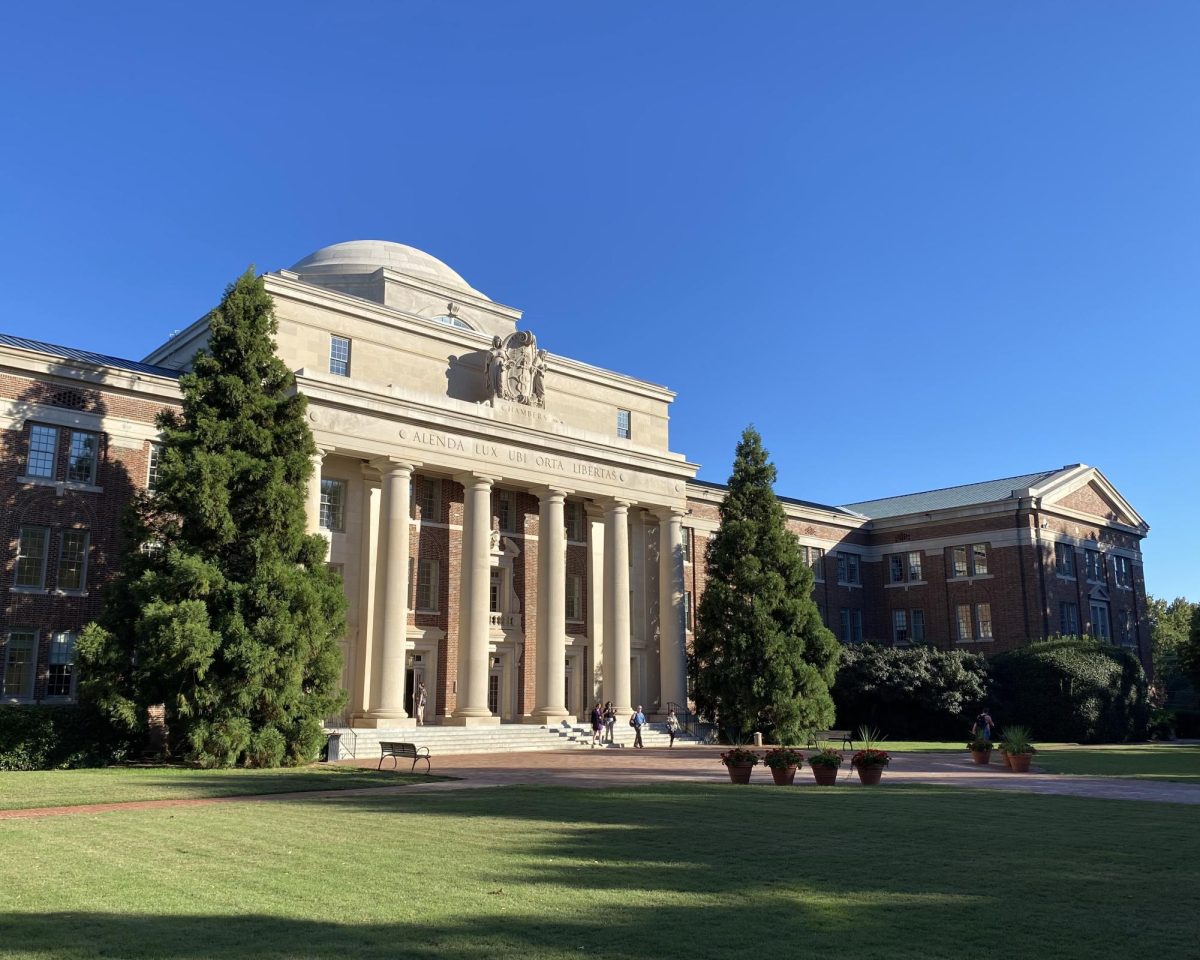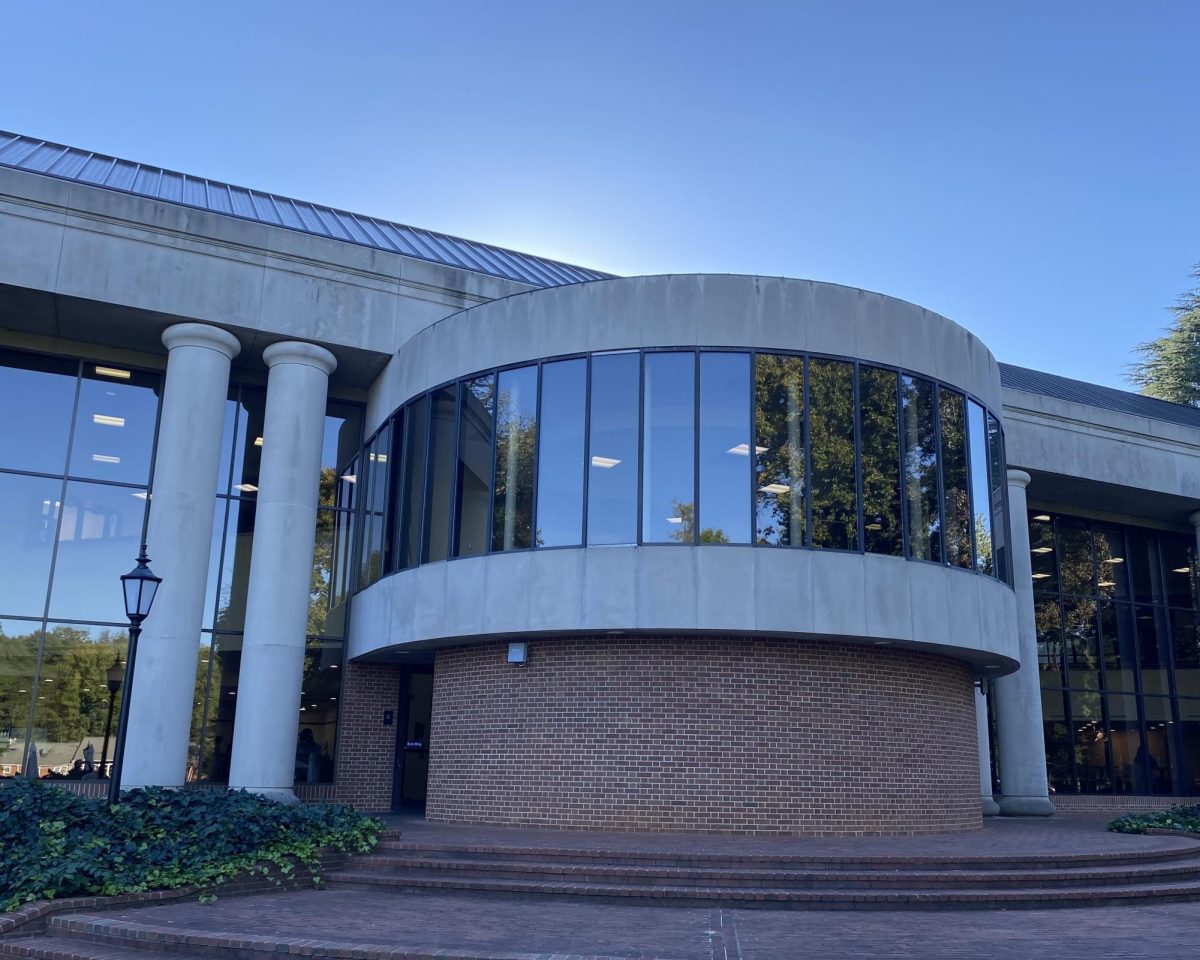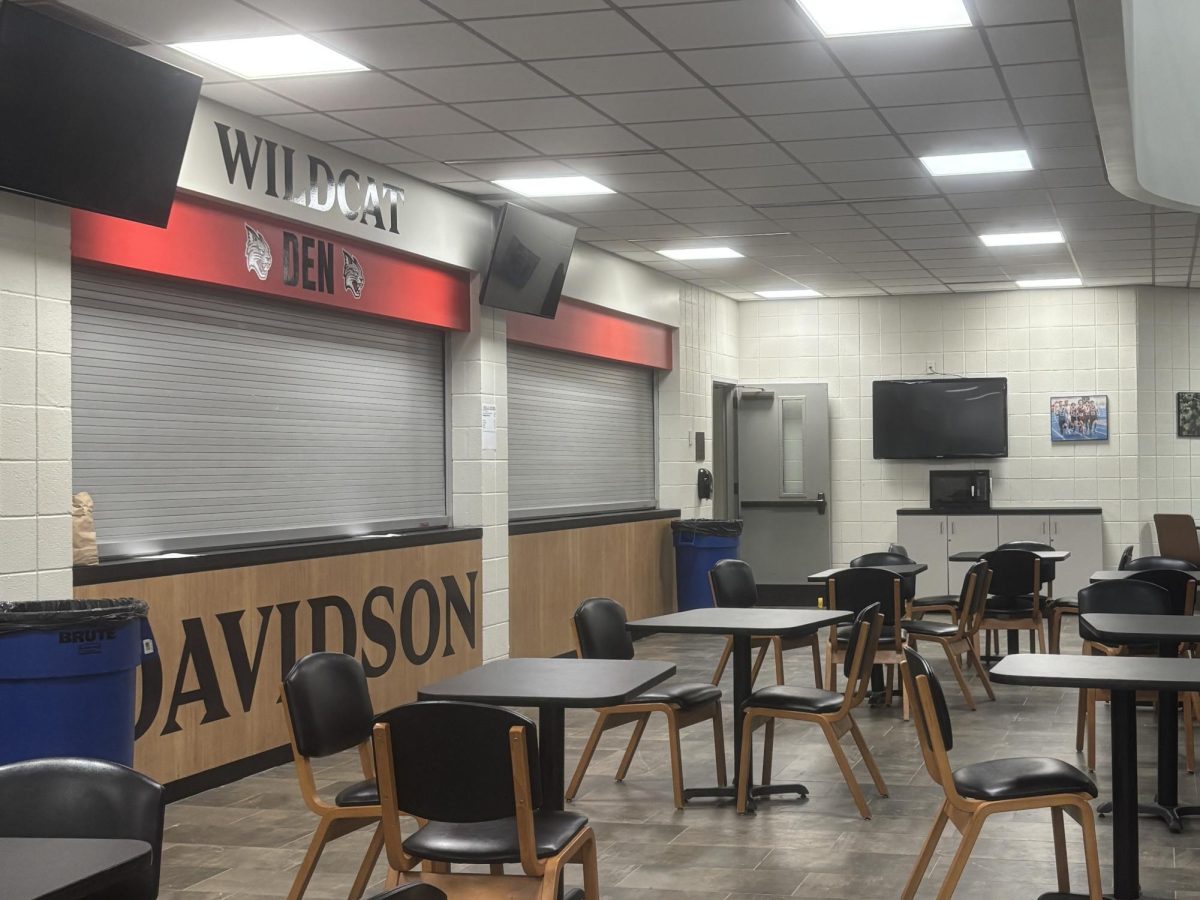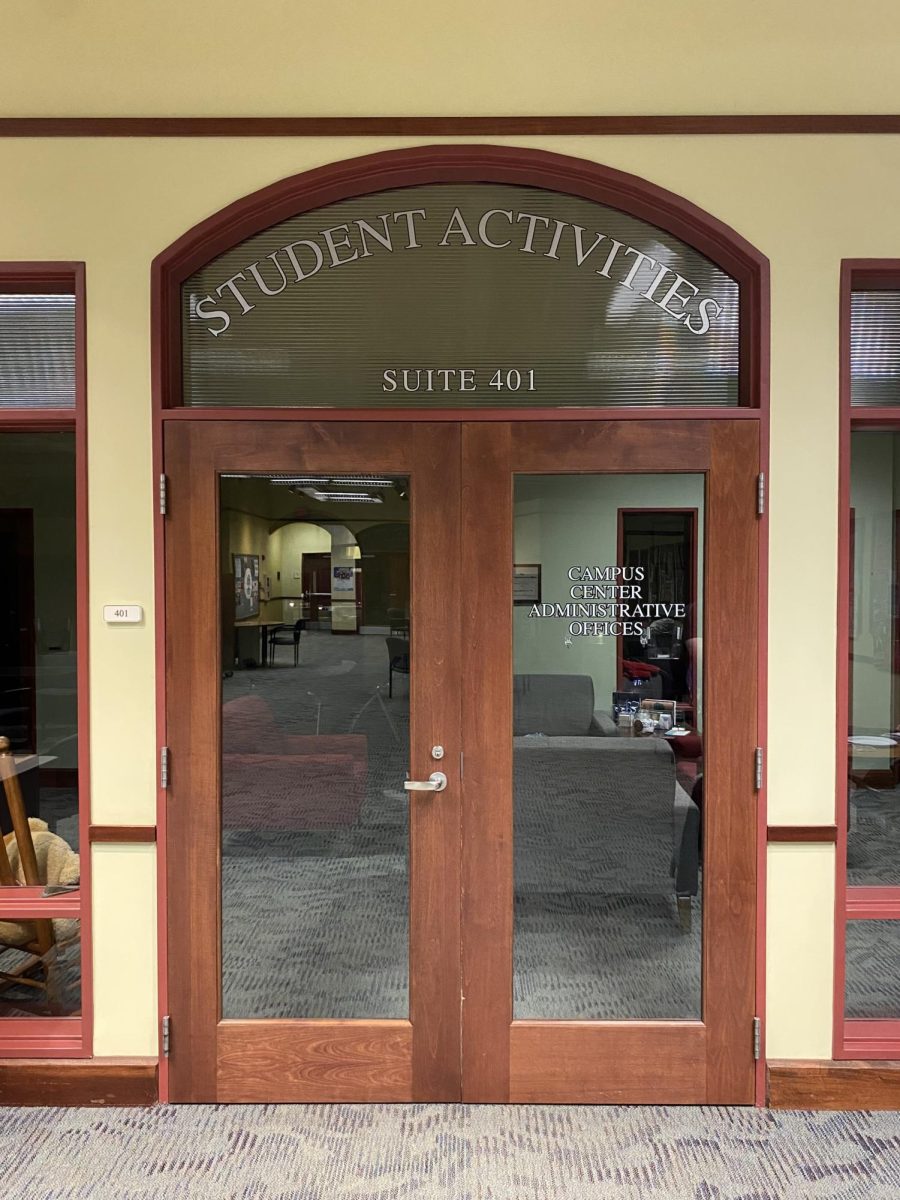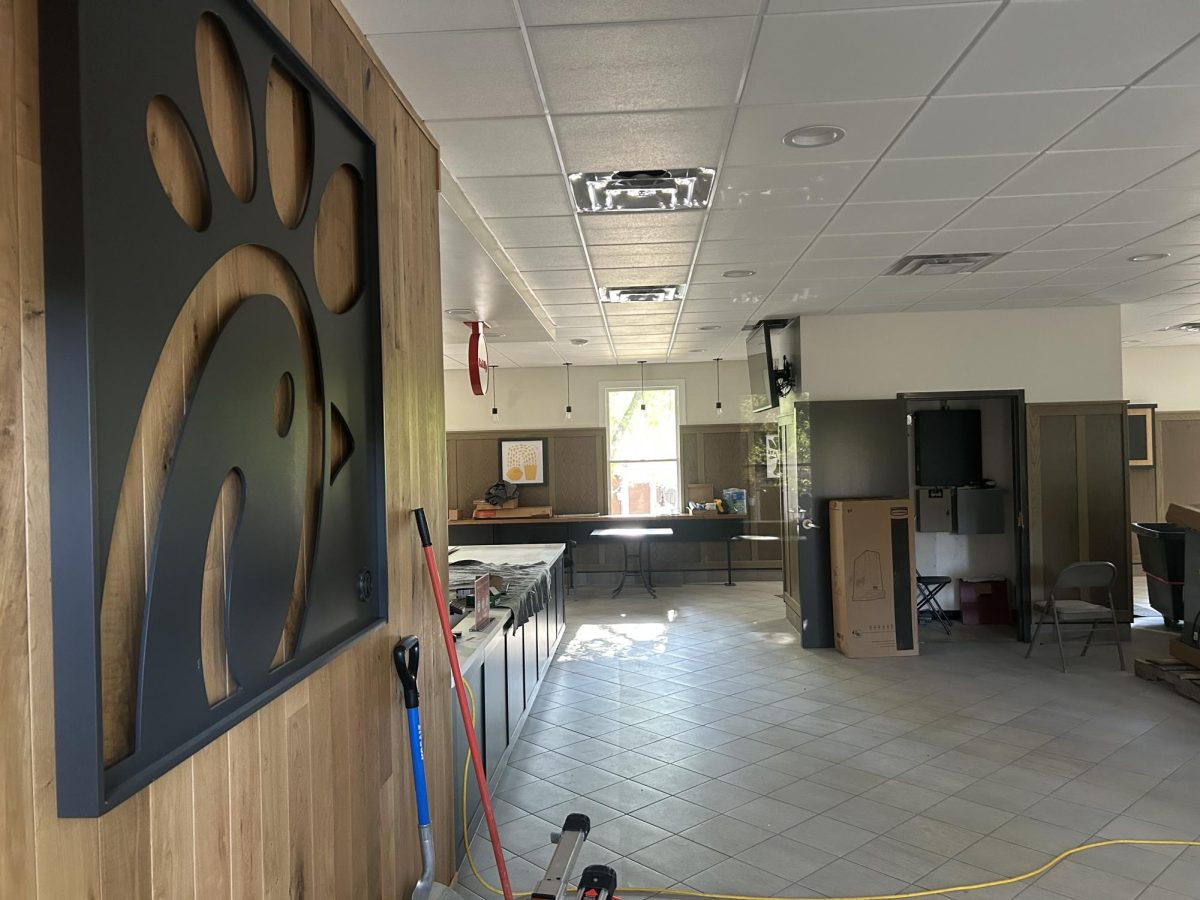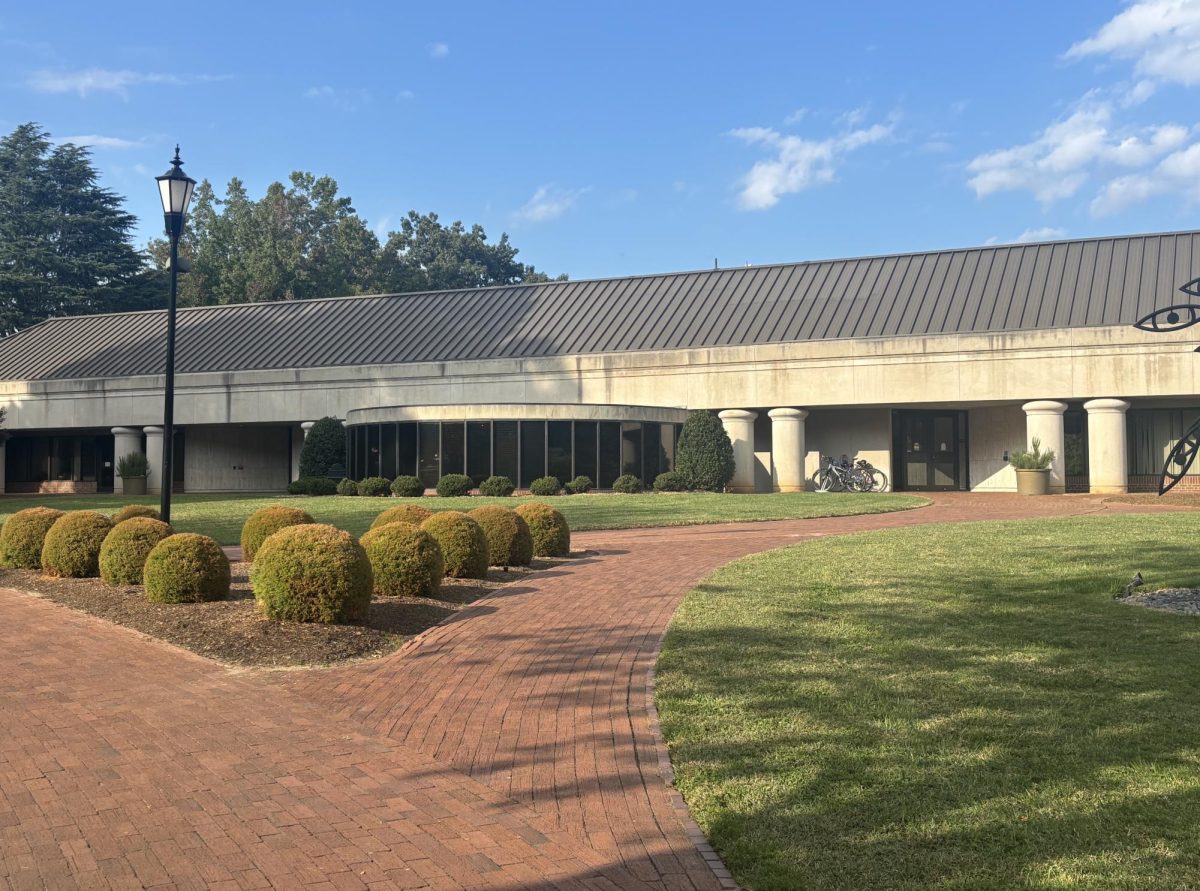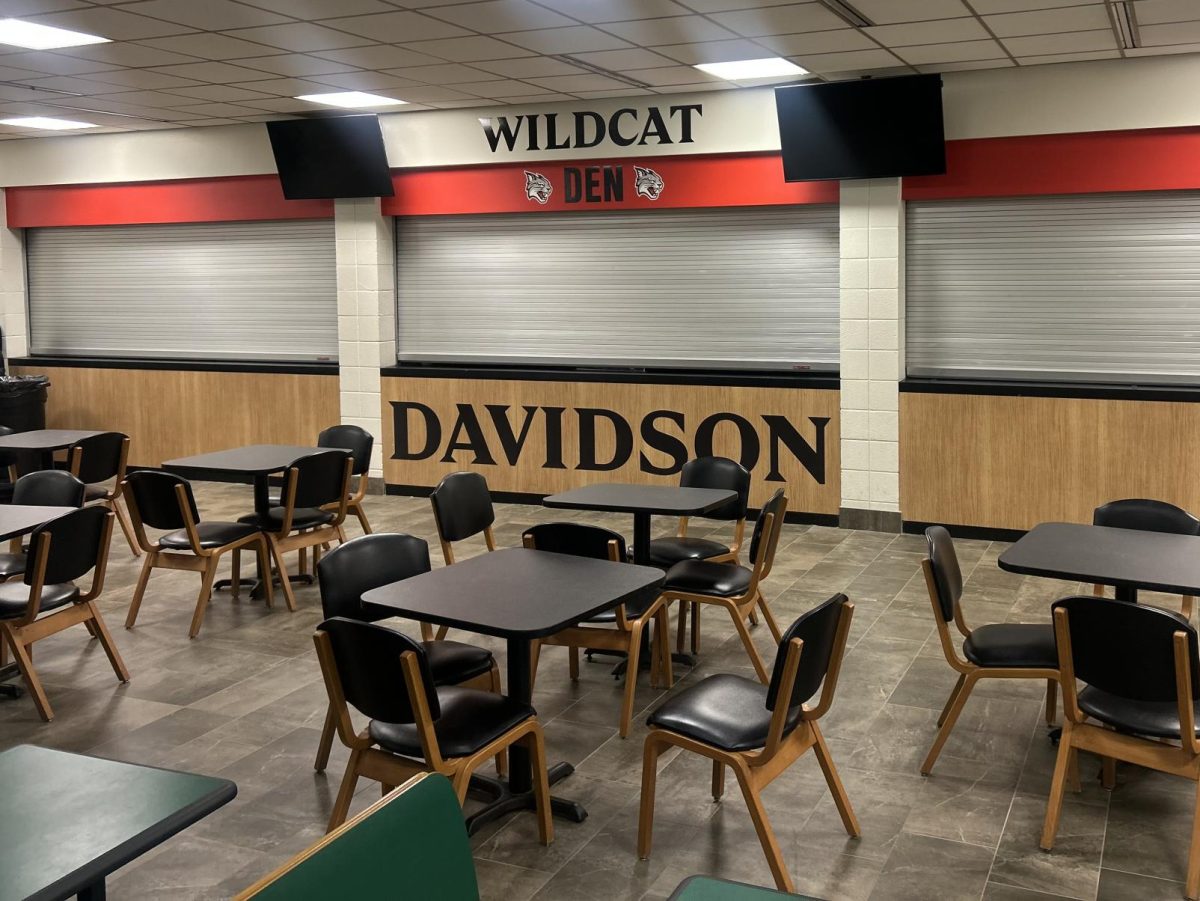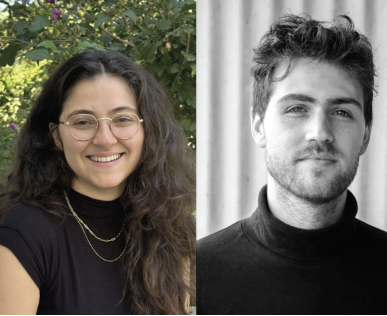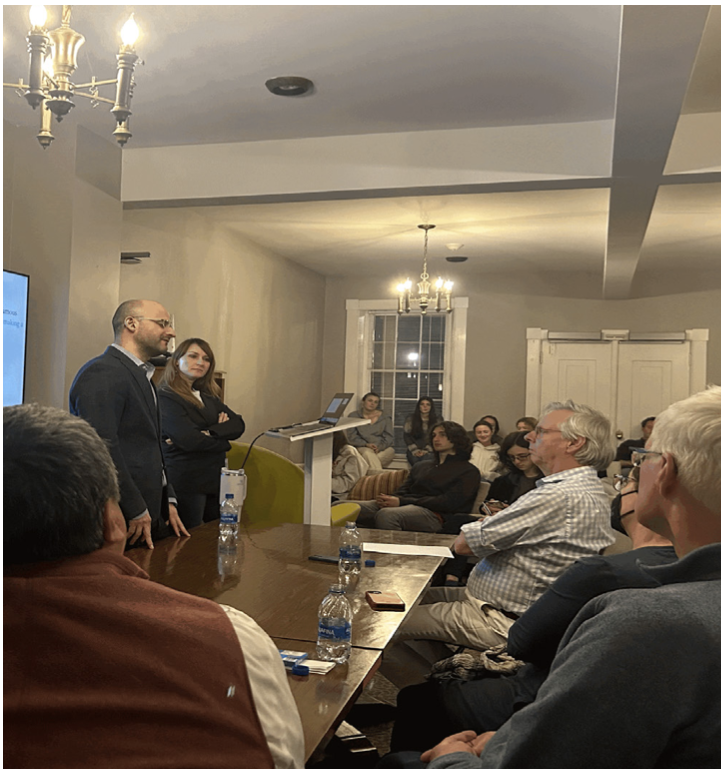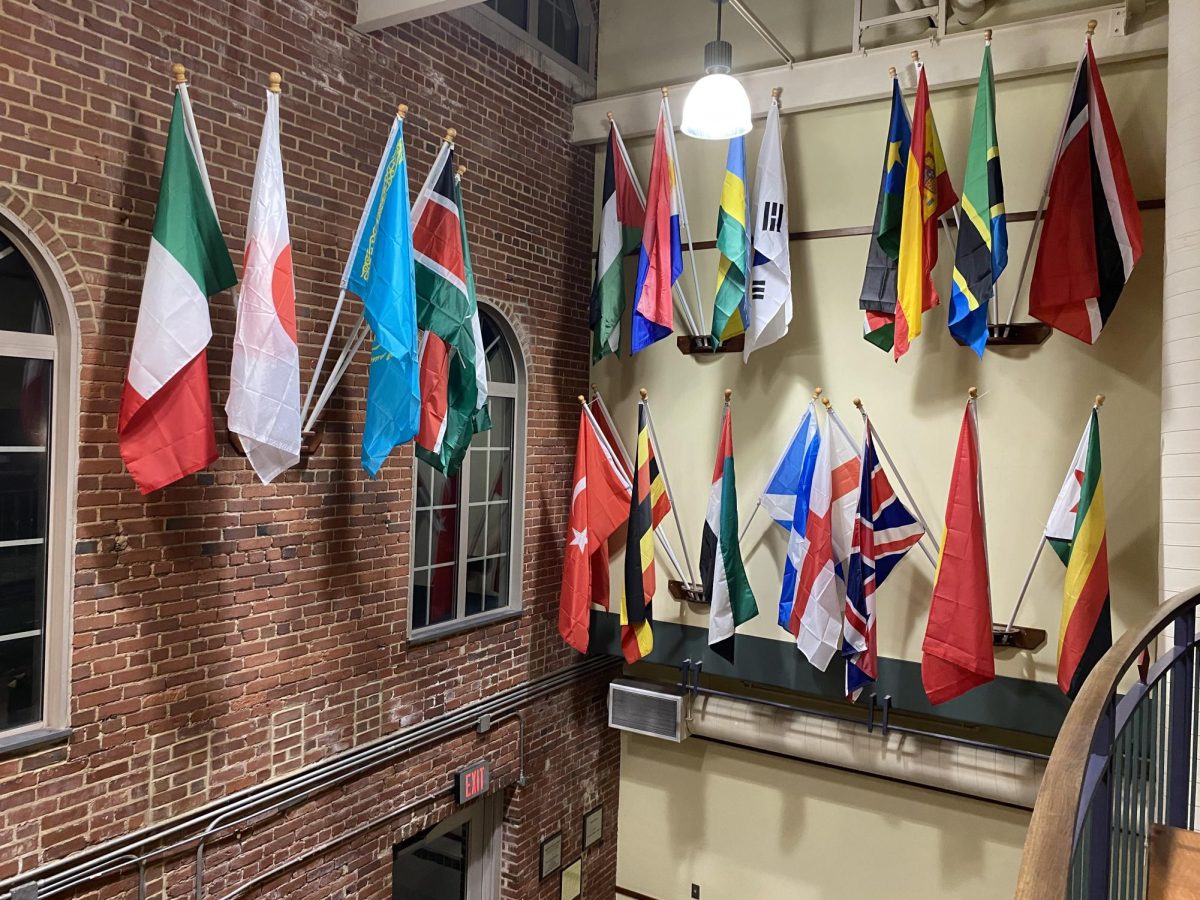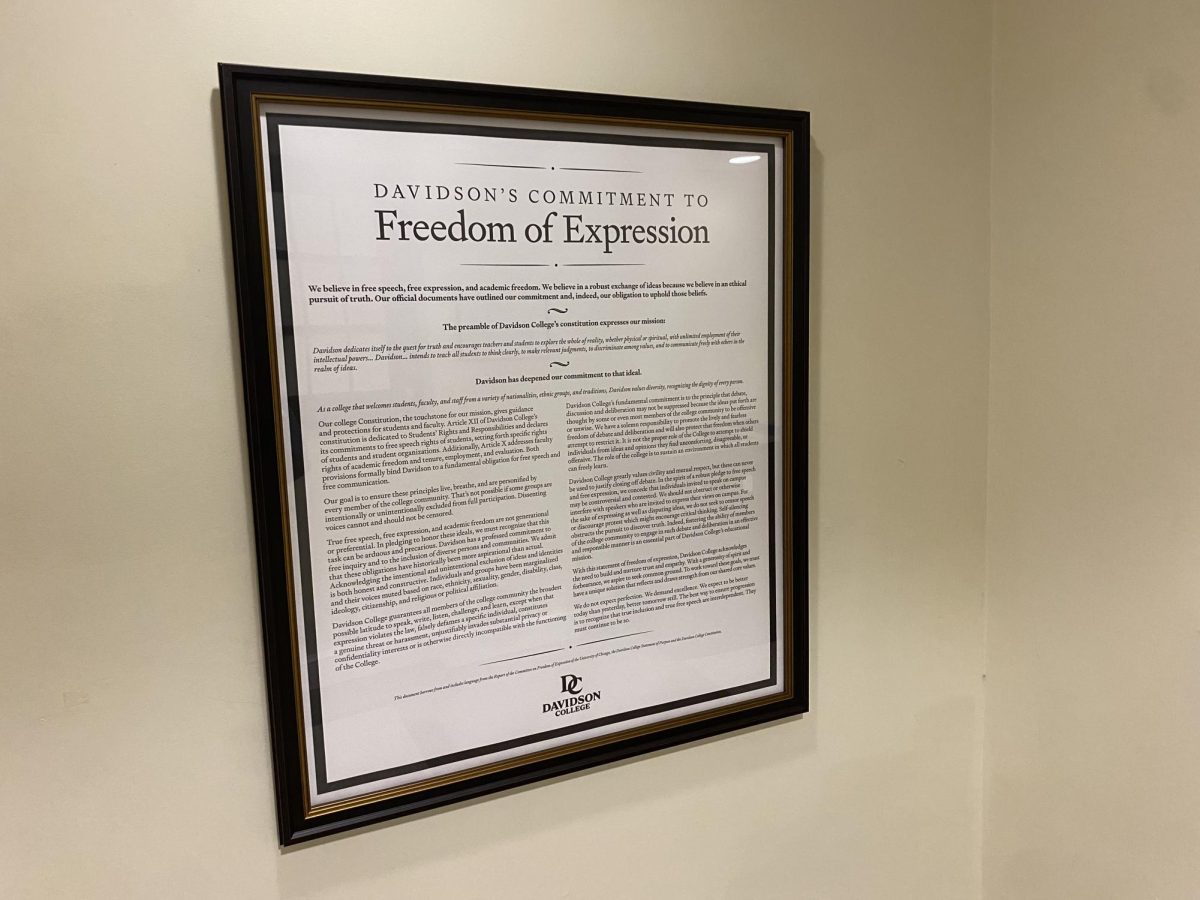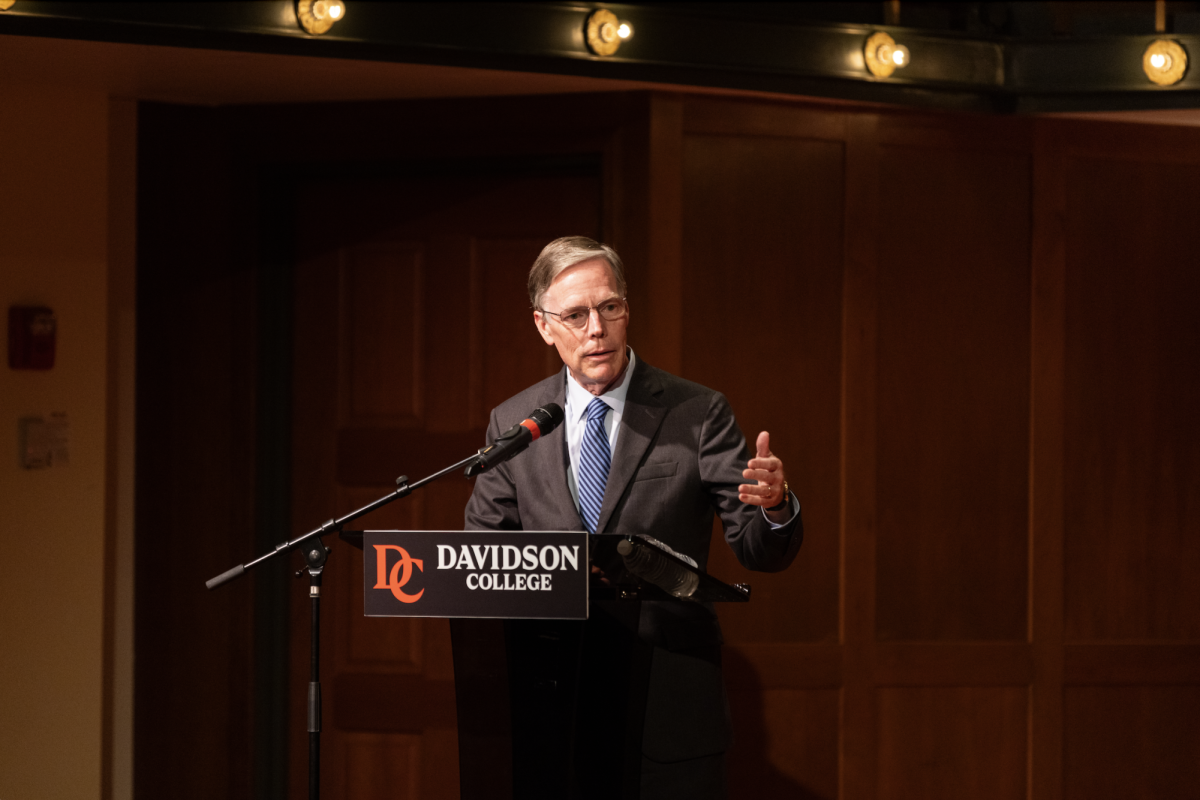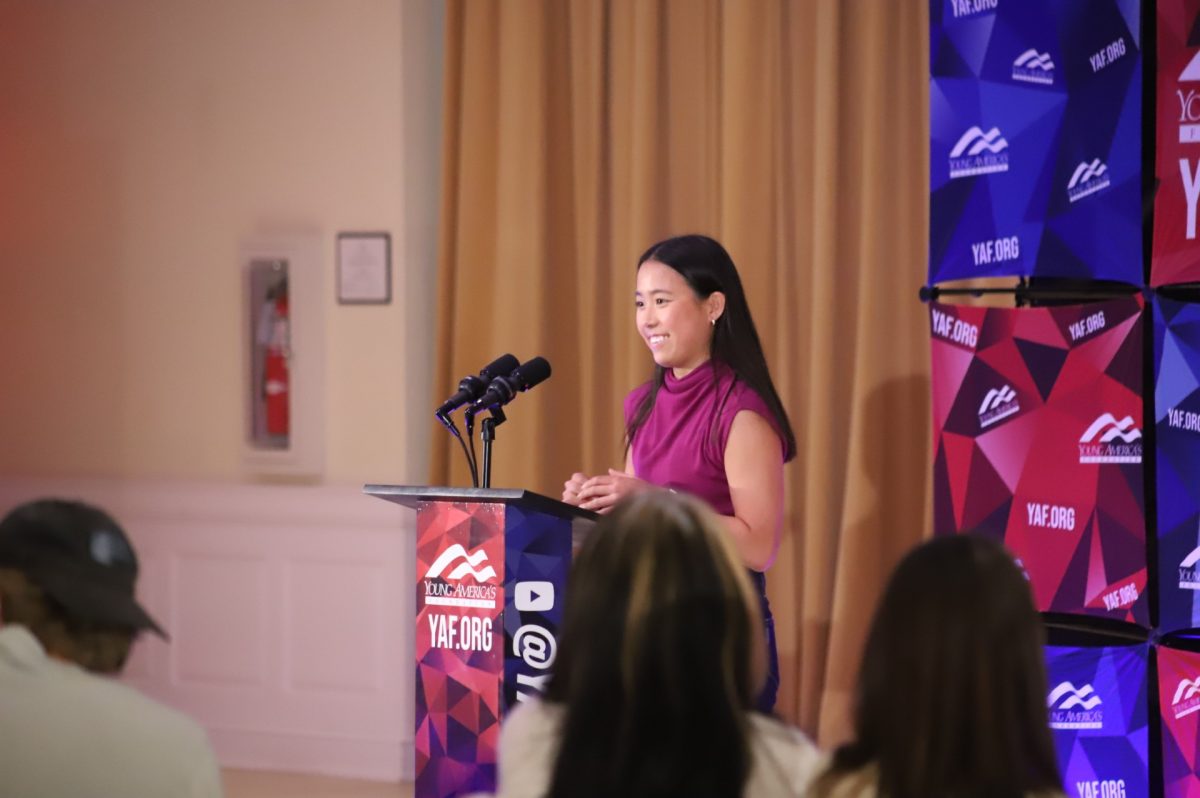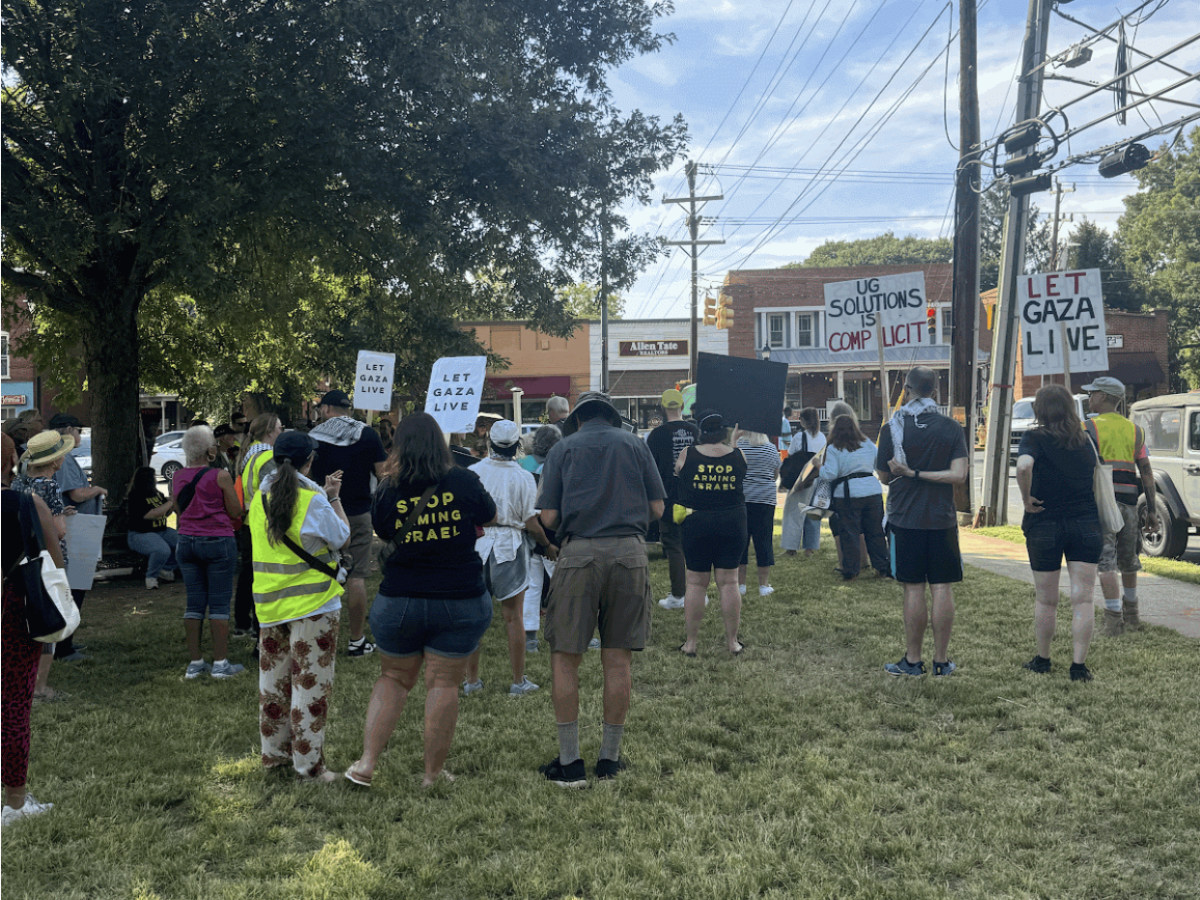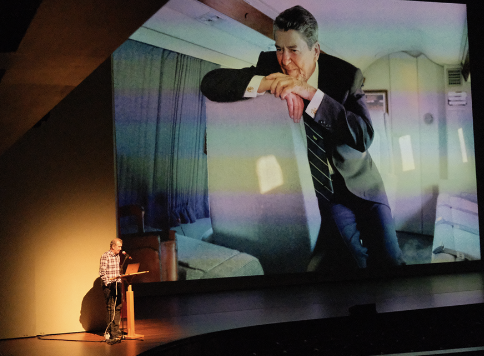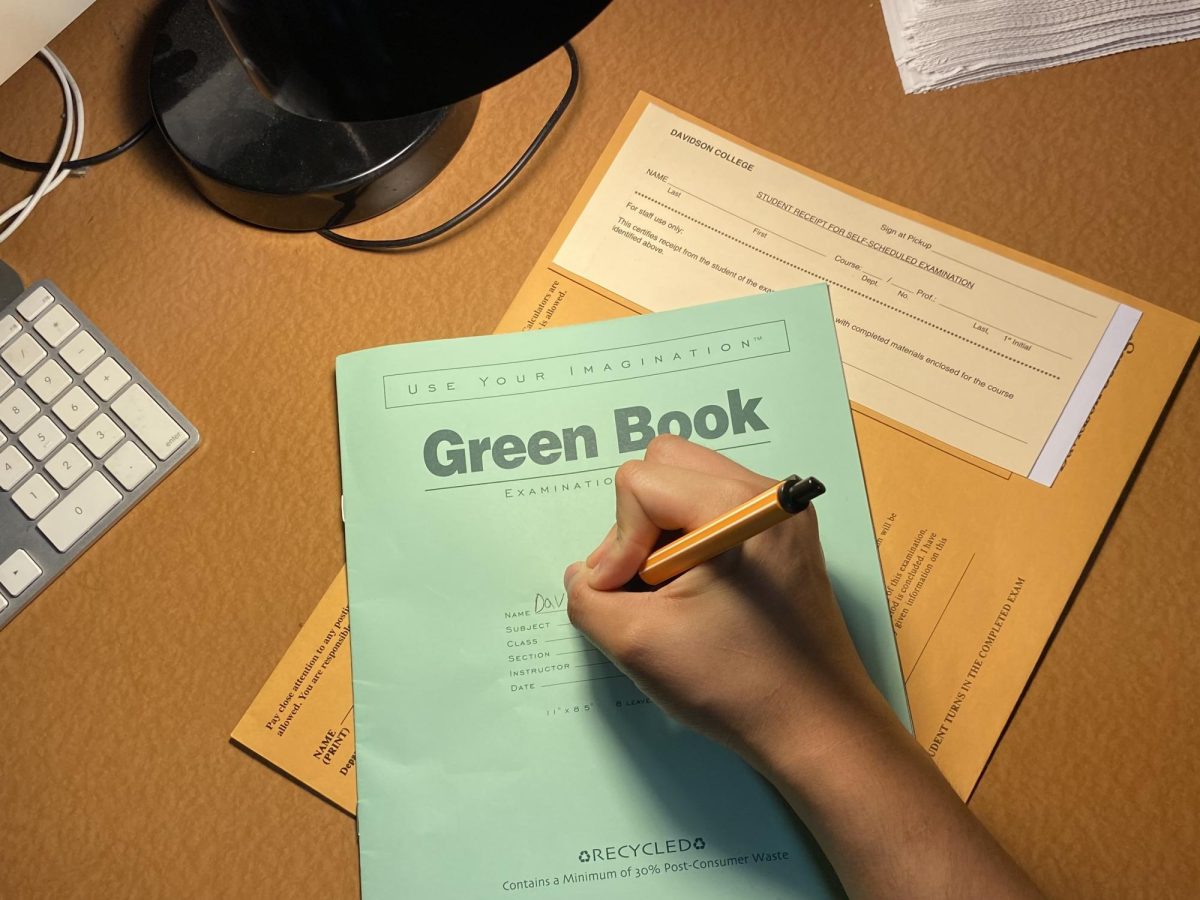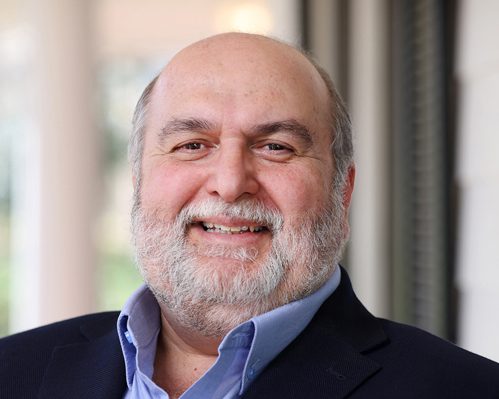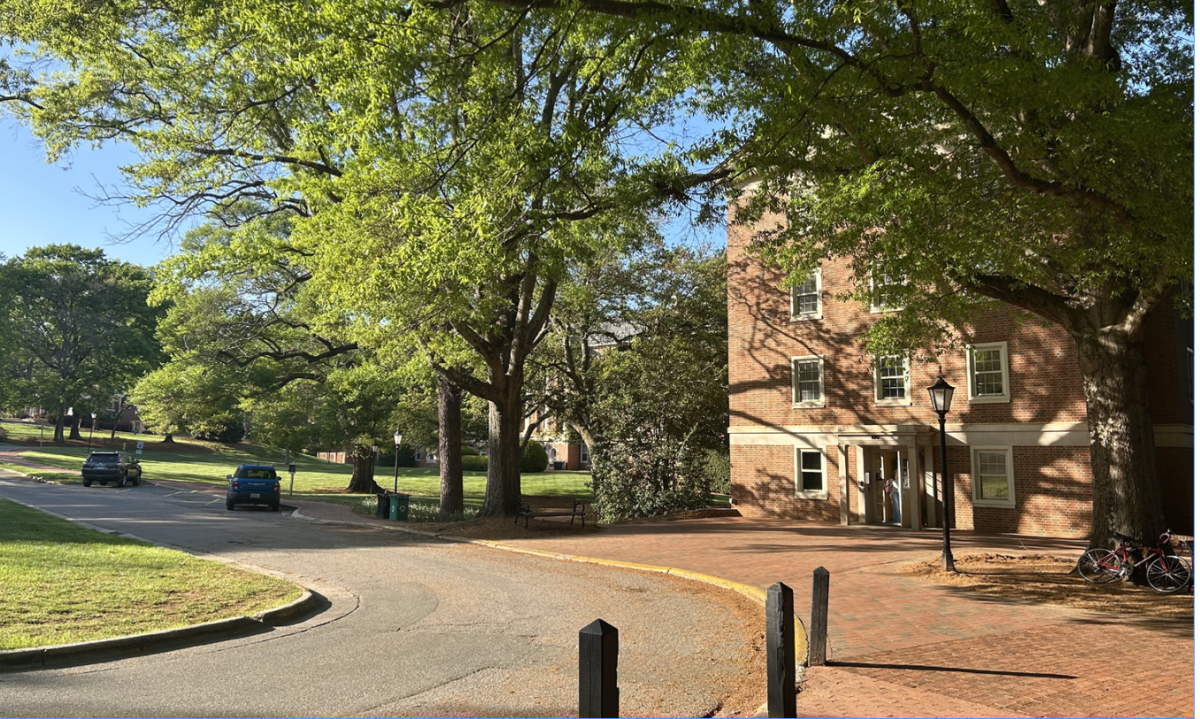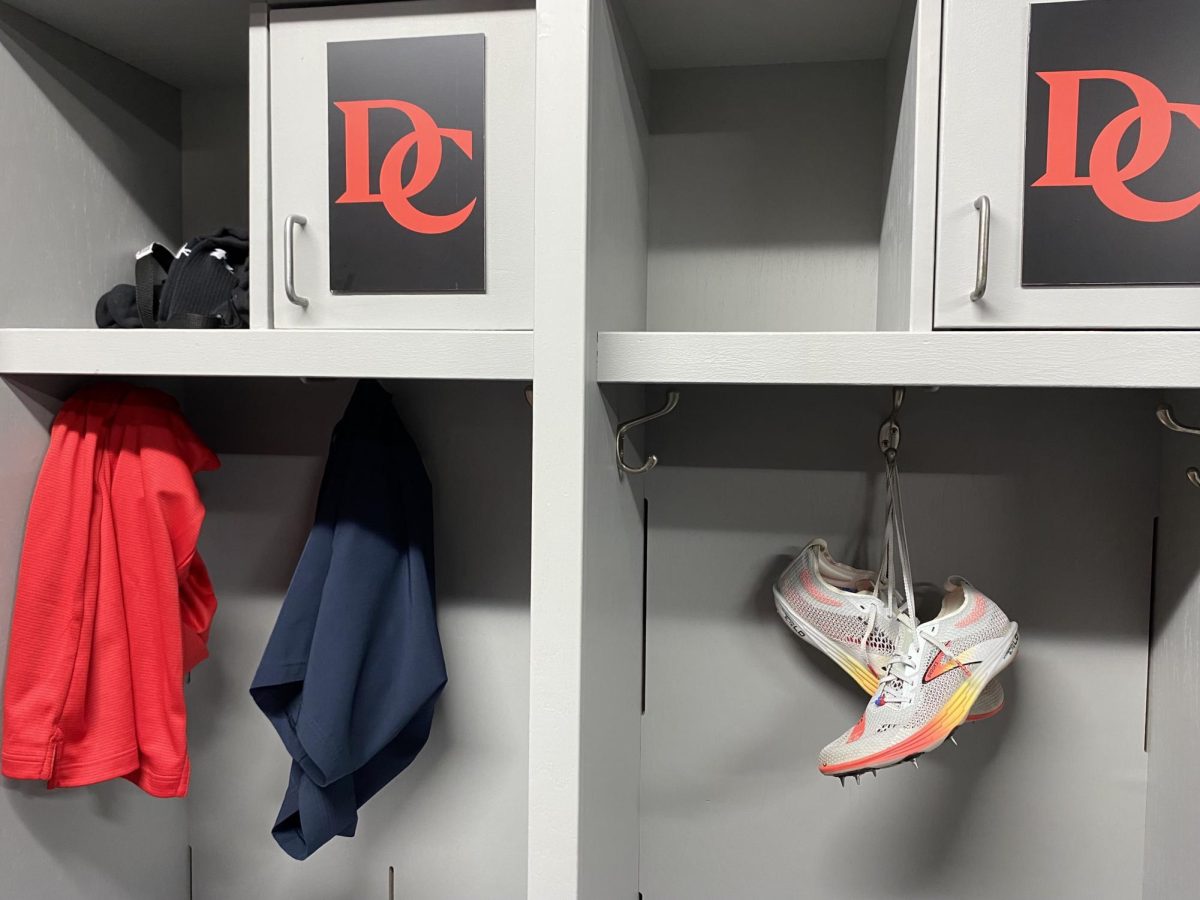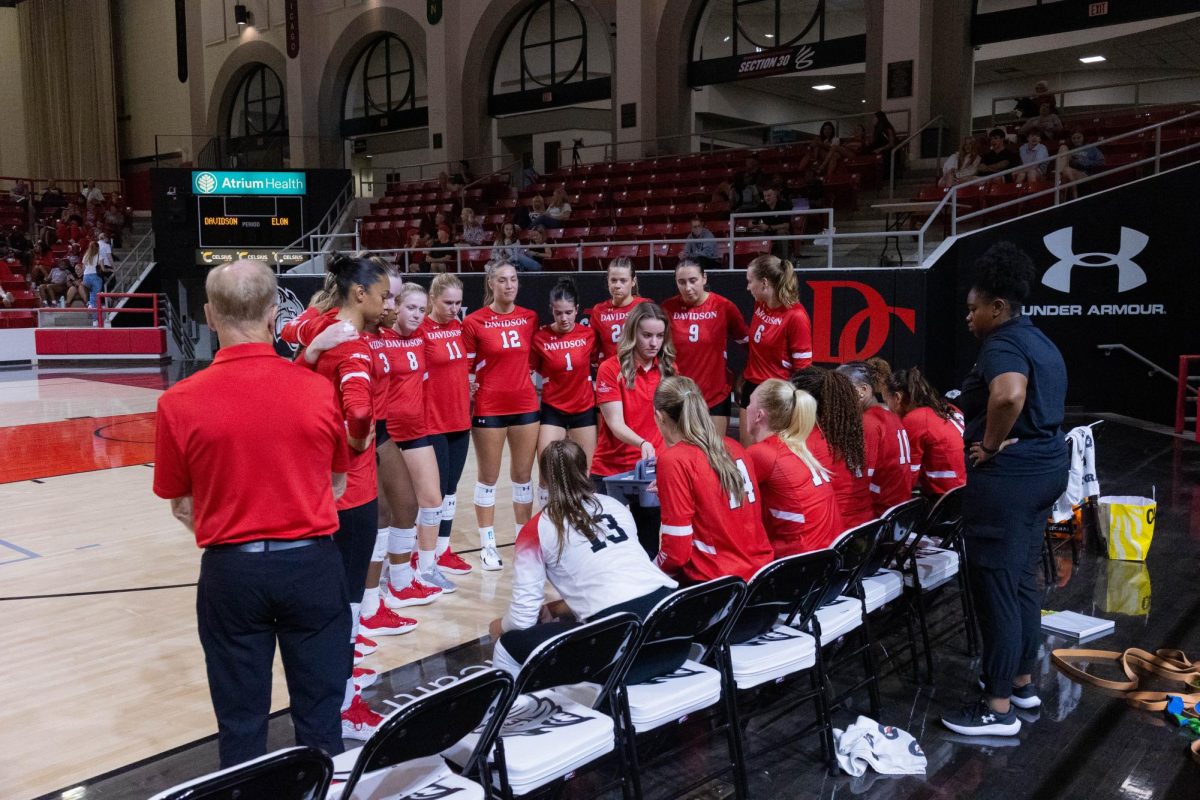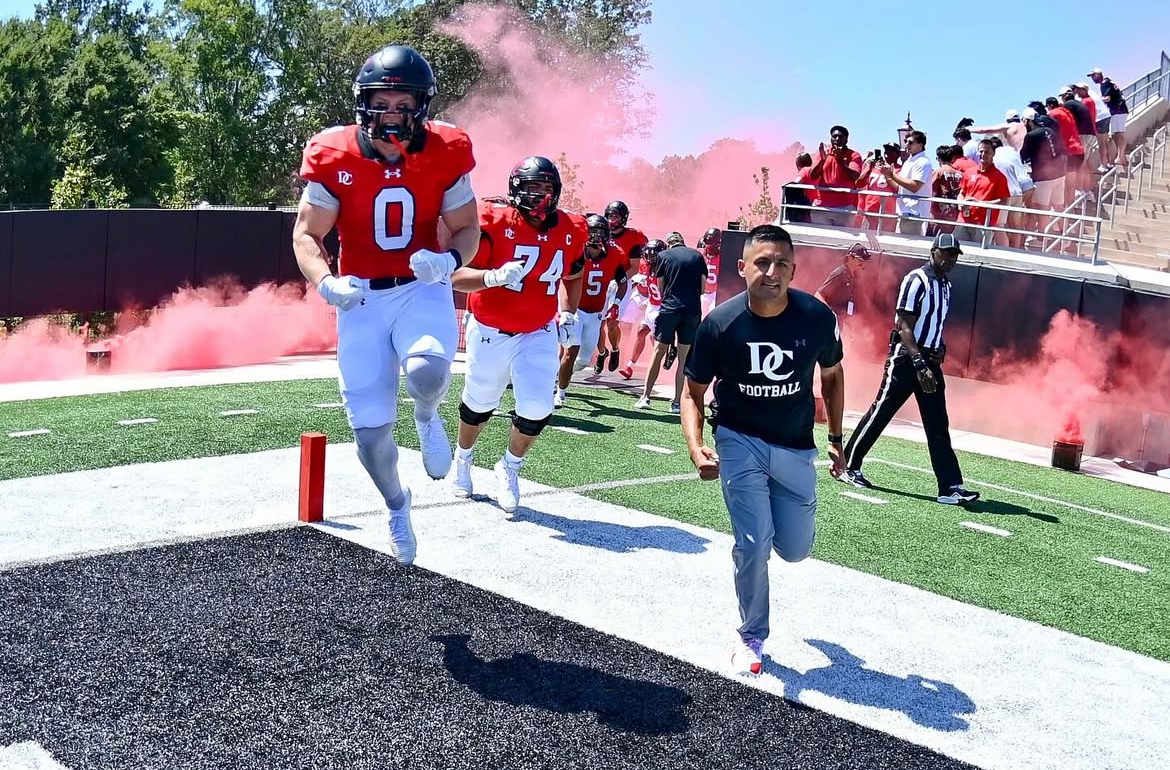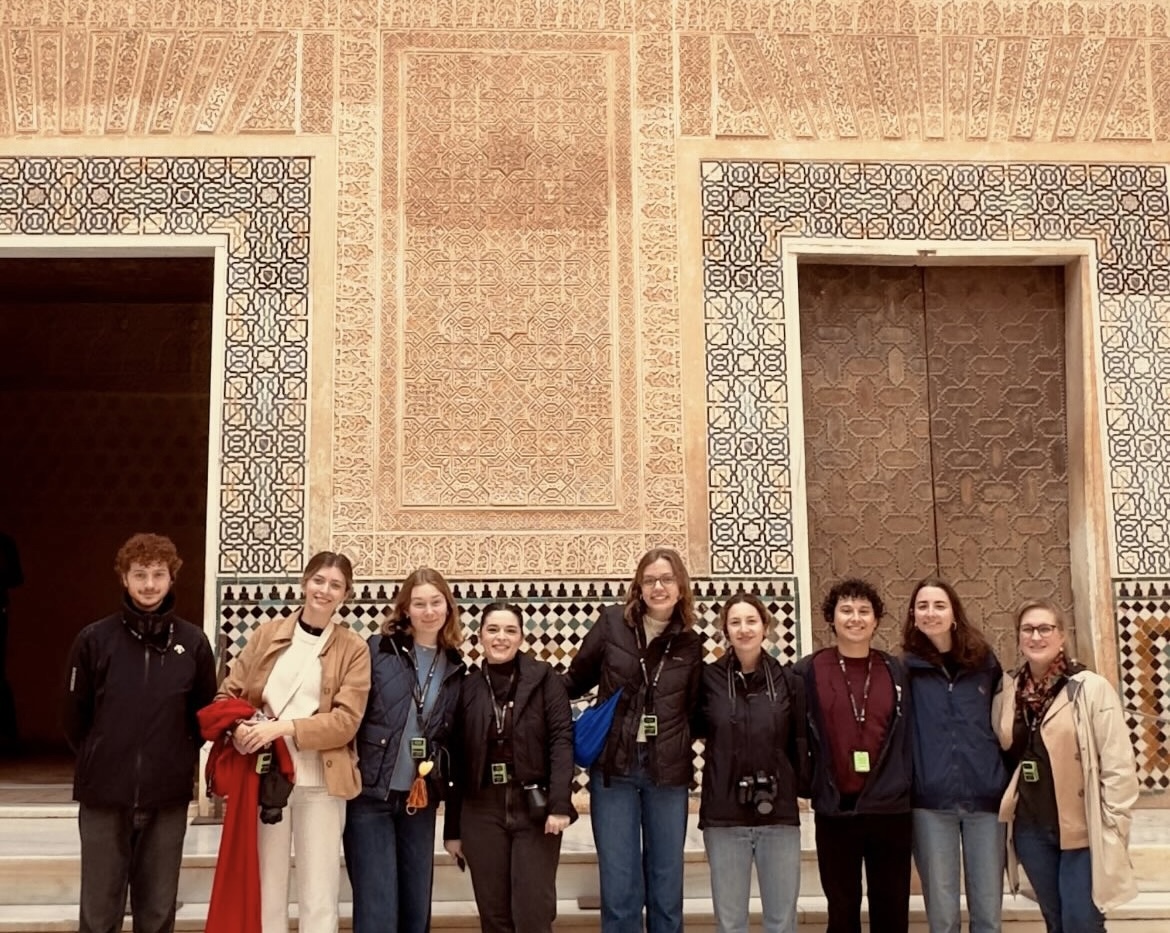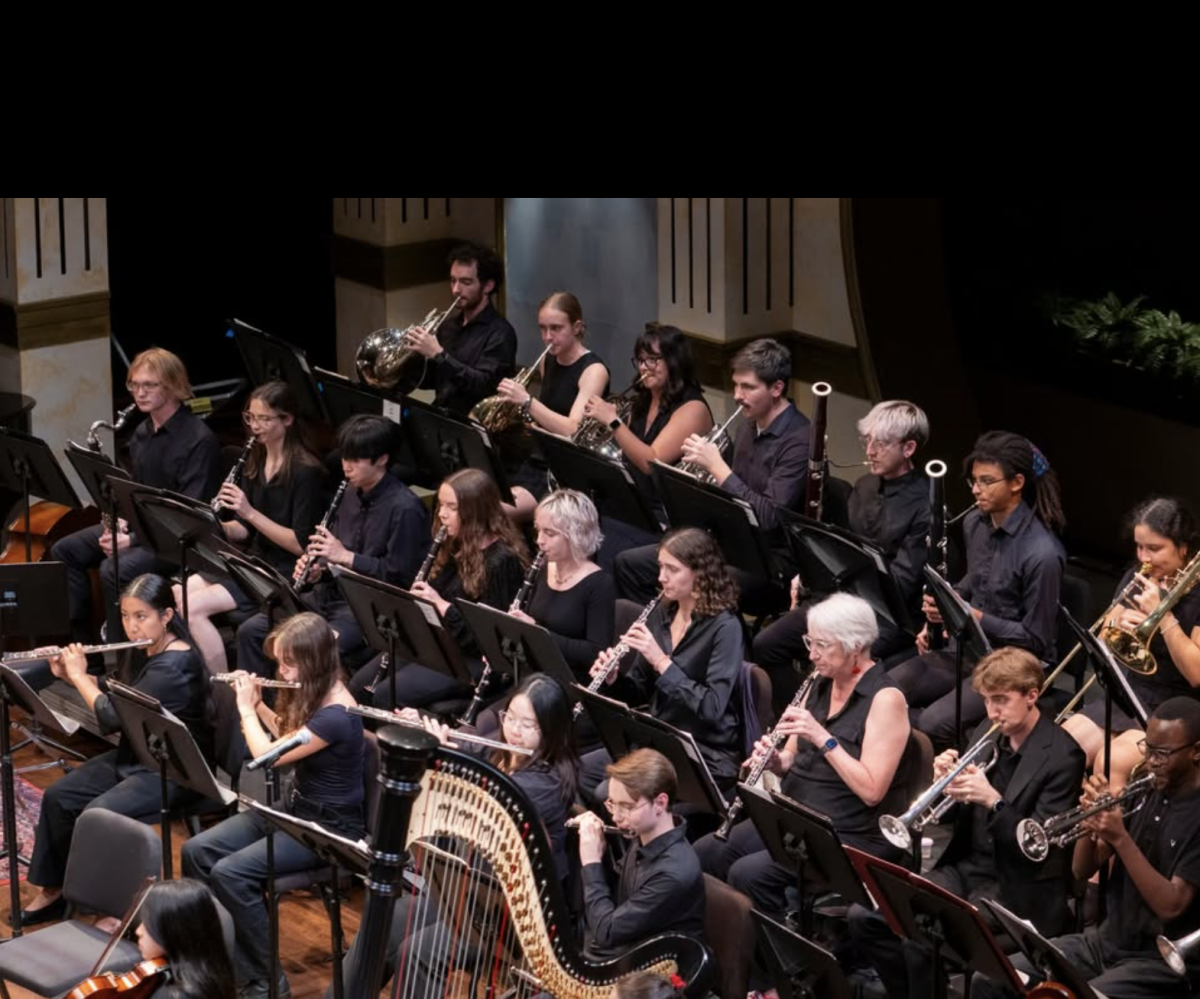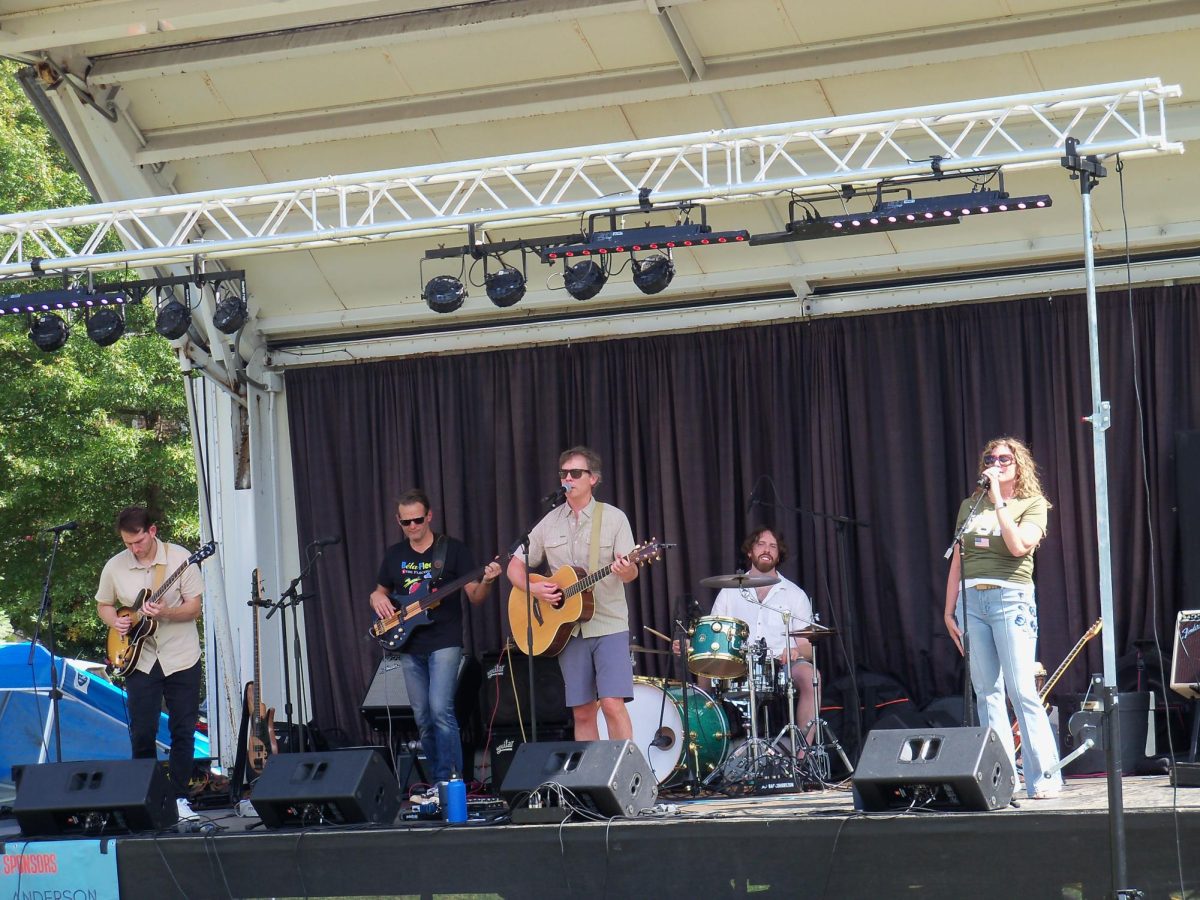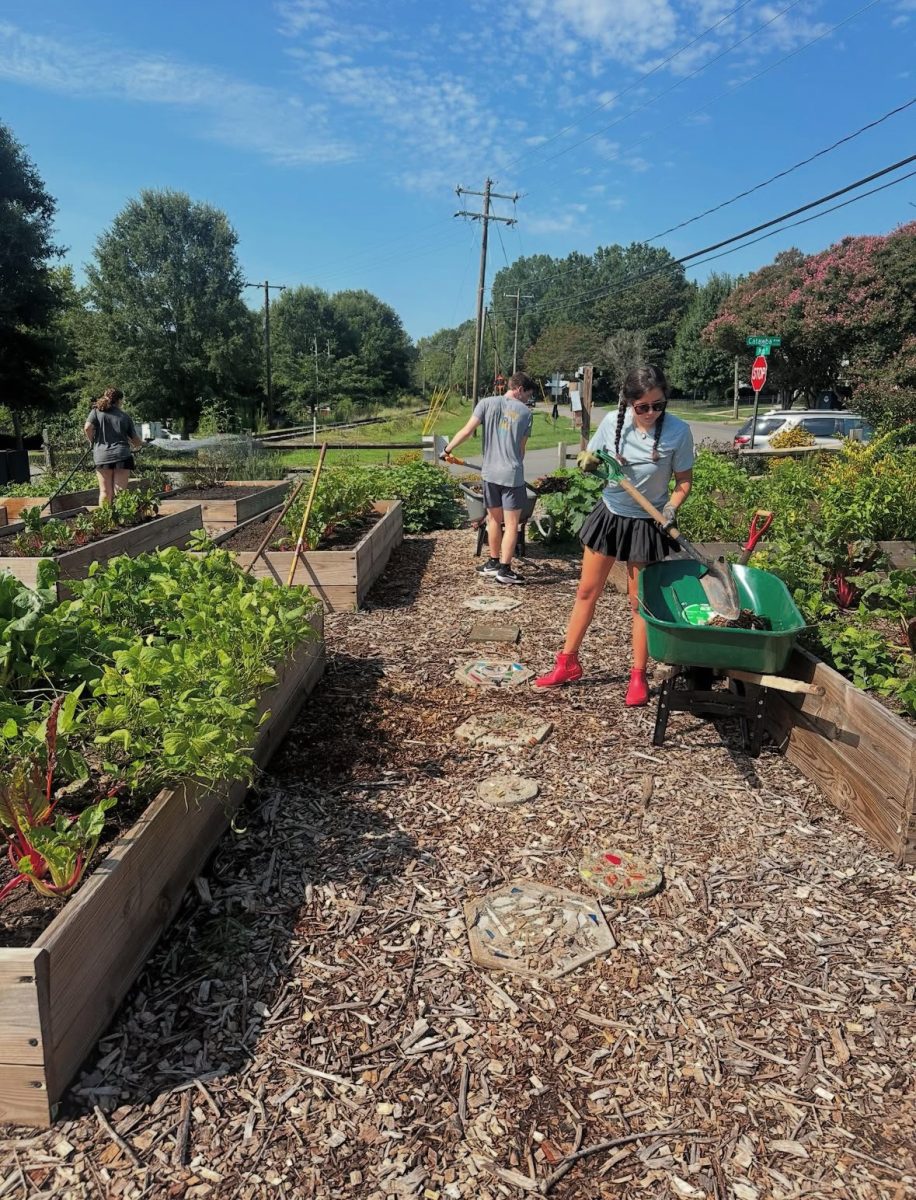The Student Government Association (SGA) on Tuesday approved a $1.152 million Student Activities budget allocation request recommended by the Activities Tax Council (ATC). The budget, a 13% cut from fiscal year 2024 (FY2024), is an attempt to course correct after three years of over-allocations that have drained the ATC’s Reserve Fund.
The Reserve is designed to be used for major one-time investments. It grew significantly from 2020-2022 amid COVID-19 restrictions because student-run organizations were limited in their ability to host in-person events. As a result, unused funds went to the Reserve. “Once that fiscal year closes, any money that is still in organizations’ accounts is returned to the ATC,” ATC Chair Trixie MacNeill ‘25 said.
The ATC amassed a Reserve of over $1 million as a result, according to ATC Vice Chair Alex Chudzik ‘26. Chudzik explained that former Director of Alvarez College Union and Student Activities Mike Goode’s logic was to “allocate more than we’re actually receiving in revenue every year, knowing that we might dig into that.”
The Reserve Fund was also used to support a $250,000 investment in the OLAS-PASA house as a “broader investment to support Student Activities on campus,” MacNeill said.
The ATC is funded by the Student Activities fee, which is included in tuition. The fee was reduced in FY2022 by the SGA under Goode’s recommendation. “It had been set at 1% since 1993 and it decreased [to 0.97%],” MacNeill said. “So then last year, we continued with that same philosophy under Mike Goode, to over-allocate and assume that organizations will return unused funds.”
The ATC collected $580 per student from the Student Activities fee in FY2024 and will collect $615 per student in FY2025 following a 6.89% tuition increase.
Critically, student organizations have returned less money as a percent of total allocations over the past few years. The combination of rising year-over-year allocations and reduced returns means the ATC has been tapping into its reserves.
Though reducing the Reserve was in line with Goode’s policy, ATC members were not informed of how much money had been coming out of the Reserve or how much money was left. “Mike Goode had informed us that we were running a huge Reserve, although that Reserve was not accurately tracked,” Chudzik said.
The ATC will not know how much money remains in the Reserve until this summer, when Director of Alvarez College Union and Student Activities Emily Eisenstadt and Student Activities Staff Assistant Cheryl Garrett have access to final expense reports and revenue information.
“Assuming a conservative amount that organizations will return, it is expected that the Reserve will sit at approximately $150,000,” MacNeill said. “This is a dramatic decline from post-COVID highs due to this process of overallocation from 2022-2025.”
Chudzik emphasized that ATC’s current policy is unsustainable. “If we continue with that type of allocation, which we did last year, the Reserve will soon not exist. We will also soon have to make dramatic, drastic changes in future years.”
Accordingly, the ATC recommended a $1.152 million allocation for FY2025—which runs from orientation to spring Reading and Reflection Day—a 13% decrease from FY2024. MacNeill and Chudzik noted that the cuts may feel larger because organizations requested $1.5 million in FY2025, a 20% increase from FY2024—and a 25% over-allocation of available funds. Still, the ATC’s recommendation surpassed its $1.1 million target allocation by 4.67%.
Accurate data on unused funds and the status of the Reserve allows ATC to confidently determine how much money can be allocated during mid-year requests. The ATC’s goal is to return to pre-COVID policy and maintain a $150,000 Reserve. “That philosophy was to allocate approximately the funds that the ATC has,” MacNeill said.
After deliberating for 13 hours across three days, the ATC—composed of nine students and overseen by Eisenstadt and Assistant Professor of the Practice in Music and Faculty Adviser Renata Berlin—presented their final recommendation during the SGA’s April 15 general body meeting. SGA then debated the package on April 22. It passed with 15 votes in favor and three votes against.
All funding for Student Activities is distributed by the ATC, which formulates budget recommendations that must be passed by a ⅔ majority in the SGA Senate. “The ATC conducts its business independently, but all decisions to allocate funds are subject to Senate approval,” MacNeill said.
Student organizations will be notified of their FY2025 budgets during the first week of May.

